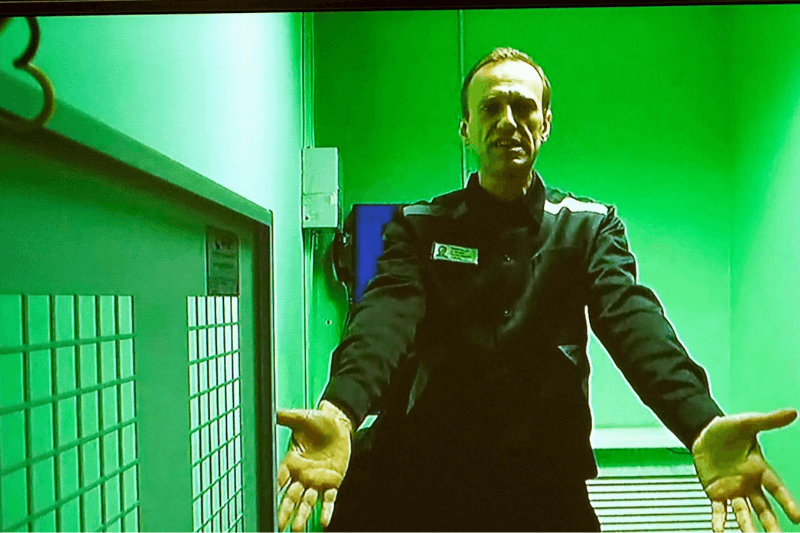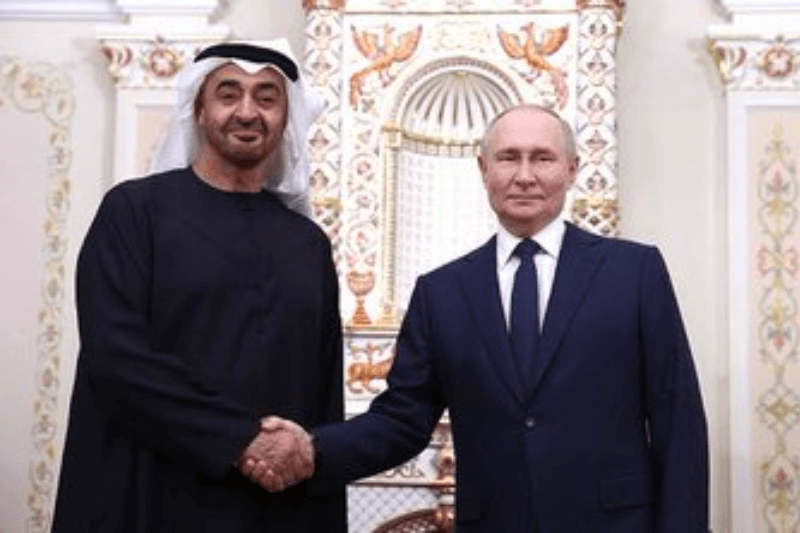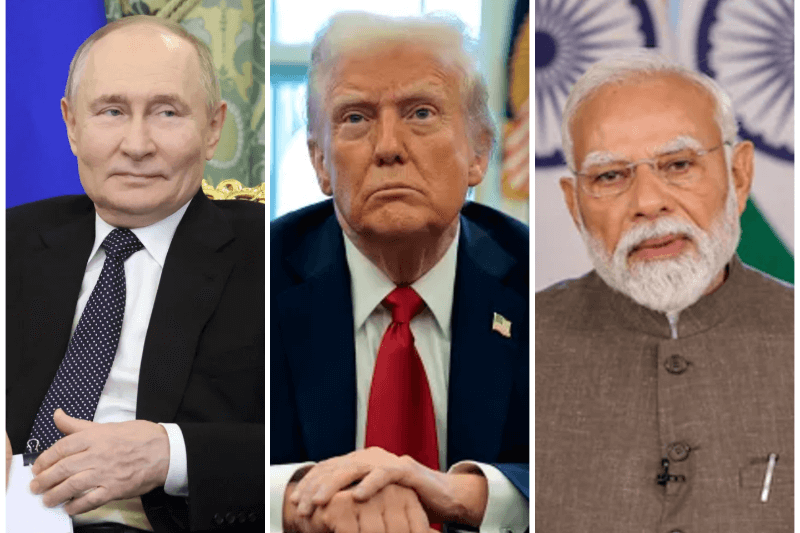
Unveiling the Enigma: Navalny’s Discovery in the ‘Polar Wolf’ Prison
In a turn of events that has captivated global attention, the whereabouts of Russian opposition leader Alexei Navalny have been unveiled after a mysterious disappearance lasting almost three weeks. This revelation places Navalny within the confines of the IK-3 penal colony, known as ‘Polar Wolf,’ situated in the desolate Arctic expanse, specifically in Kharp, Yamal-Nenets region, over 1,200 miles north-east of Moscow.
The Puzzling Disappearance
Navalny, a prominent critic of President Vladimir Putin, vanished from a prison near Moscow on December 6, triggering concerns among his supporters regarding his safety and well-being. His spokesperson, Kira Yarmysh, declared the discovery on Twitter, ending the anxiety surrounding Navalny’s whereabouts. This disappearance, labeled a “forced disappearance” by a UN official, raised alarms globally.
Navalny’s Current Situation
According to Yarmysh, Navalny’s lawyer managed to visit him on Monday, asserting that he is in good condition. The anticipation of Navalny’s transfer to a ‘special regime’ colony, renowned for its severity within Russia’s prison system, had been mounting among his aides. Russian prison transfers are notorious for their extended durations, leaving prisoners inaccessible, their locations shrouded in secrecy.
Keep Reading
The Harsh Reality of ‘Polar Wolf’
Yamal-Nenets, an autonomous region in Siberia, houses one of Russia’s most remote and inhospitable places. The Kharp high-security prison, part of the Gulag network established under Stalin, poses harsh conditions, especially with its ‘special regime’ designation in the permafrost zone. The challenging terrain makes reaching the facility difficult, adding a layer of isolation for Navalny.
Ivan Zhdanov, an associate of Navalny, highlights the severe restrictions on Navalny’s communication imposed by the new location. Expressing gratitude to supporters and media, Zhdanov acknowledges the concern surrounding Navalny’s fate.
Political Maneuvering and Putin’s Re-election
Navalny’s allies connect his disappearance to Putin’s announcement of seeking re-election in Russia’s 2024 presidential race. Ivan Zhdanov emphasizes the authorities’ intent to isolate Navalny, especially in the lead-up to the elections. Putin, the longest-serving Kremlin leader since Stalin, raises speculation about potentially surpassing his predecessor if he pursues a sixth term.
Navalny’s Ongoing Struggles
The anti-corruption activist, Navalny, gained international attention when he was poisoned with novichok in 2020. After treatment in Germany, he returned to Russia in 2021, resulting in his arrest, conviction on fraud and extremism charges, and a staggering three-decade prison sentence. Supporters express concern over mysterious ailments and anticipate Navalny’s prolonged incarceration as long as Putin holds power.
Legal Friction and Isolation Attempts
The Russian authorities’ detention of three lawyers representing Navalny is seen by his allies as an attempt to completely isolate him. This move raises questions about the lengths to which the government is willing to go to stifle opposition voices and maintain control.
Navigating the Intricacies: Navalny’s Arctic Imprisonment
In the backdrop of these unfolding events, the world watches as Navalny finds himself in the unforgiving ‘Polar Wolf’ prison. The geopolitical implications, human rights concerns, and the intricacies of Russian politics converge in this Arctic expanse, where Navalny’s fate hangs in the balance.
In the clash between political dissent and authoritarian control, Navalny’s story becomes emblematic of broader struggles for freedom and democracy. As the legal saga continues, with Putin’s re-election ambitions looming large, the ‘Polar Wolf’ prison serves as an unlikely stage for a global debate on human rights, political freedoms, and the lengths governments go to silence opposition.




